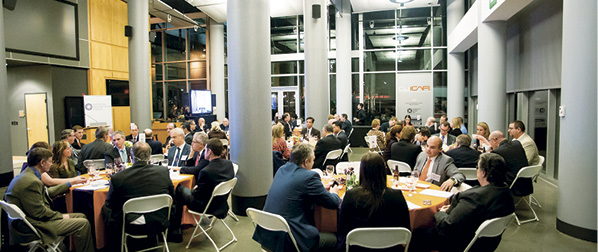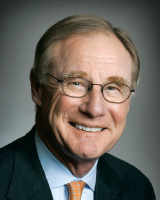National Engineering Forum Convenes Leaders in Orlando, Florida
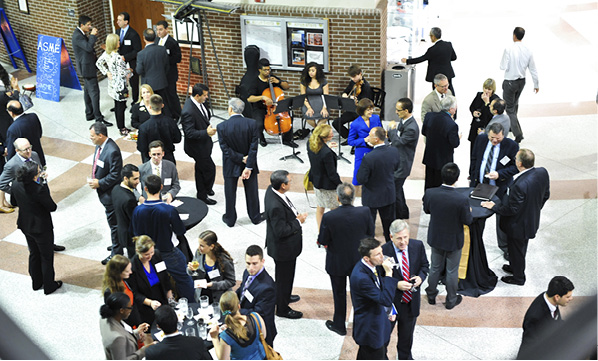
Leaders from industry, government, and academia gathered with the National Engineering Forum (NEF) on November 9, 2015 to celebrate Orlando’s place in American engineering. The University of Central Florida (UCF) and its president, John C. Hitt, hosted the event, with Albert Manero II giving keynote remarks. Manero is a UCF mechanical engineering Ph.D. student and executive director of Limbitless Solutions, an Orlando-based non-profit organization that leverages advanced manufacturing to create 3D printed limbs for children and provide them at no cost.
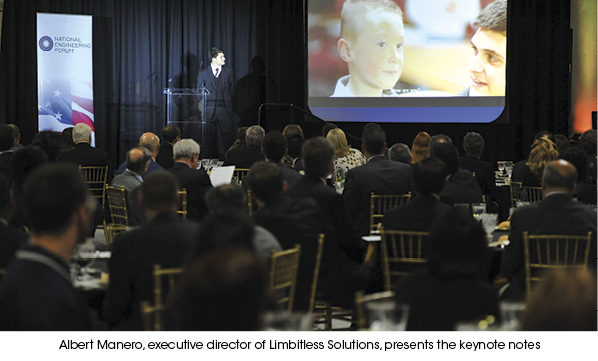
Overarching Mission
In 2012, Lockheed Martin launched the National Engineering Forum in partnership with the Council on Competitiveness and the National Academy of Engineering to promote a common vision for transforming the way we perceive, experience, and prioritize engineering in the United States. NEF is identifying solutions for the challenges facing the U.S. engineering enterprise—the capacity of our technical talent to fill current and future jobs, our engineering workforce’s capability to address 21st century challenges, and our nation’s competitiveness on the world stage—the 3C’s.
A series of regional dialogues is creating a grassroots network of key influencers from academia, business, government, and the media. The regional dialogues provide NEF with a nationwide survey of thought leaders, and enable a dynamic view of both the past and current state of engineering based on the expertise of those best positioned to help address the three engineering challenges. These sessions provide a platform for an engaging narrative that appeals to students and engineering professionals.
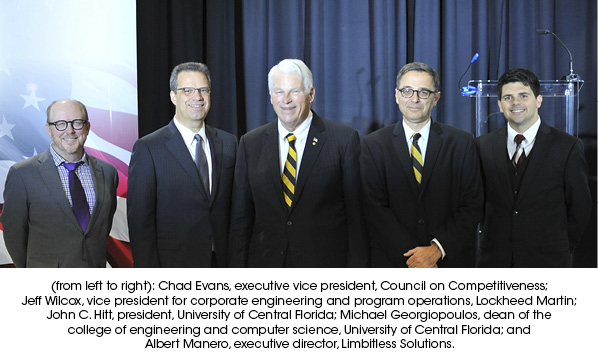
Key Themes from the Orlando Regional Dialogue
Ninety-one leaders from industry, academia (including students), non-profits, the media, and government participated in the NEF regional dialogue at the University of Central Florida (UCF). Engineering opportunities in Orlando and the greater Florida region were highlighted: fast-growing, popular, and increasingly diverse education systems, as well as dynamic industries attractive to next-generation engineering leaders (robotics, design, gaming, aerospace, etc.). Yet, critical “infrastructure” issues challenge the community in attracting and retaining world-class engineers in Central Florida.
First, inconsistency in state-level programs to fund and support the engineering and innovation ecosystem inhibits greater growth, such as the inability to issue bonds to finance new university facilities. Second, as in many U.S. regions, day-to-date infrastructure issues, such as stressed highways/road systems, are becoming detractors for potential engineering employees. One type of engineering and innovation infrastructure that is growing—but could use much more support—is the “bridging spaces” linking engineers with business students and leaders to turbo-charge business development and entrepreneurship.
Recommendations that Emerged from the Dialogue
- Skew Pell Grant and student loan support toward engineering studies
- Recruit future engineers from underrepresented groups and regions—and start STEM engagement before high school, focusing on the dimensions of engineering relevant to younger generations through “hybrid classes,” more and more extensive private sector-driven mentorships, internships, and demonstration projects
- Align university curriculum to multi- and trans-disciplinary opportunities, and focus state and federal funding efforts and peer review to reward/provide grants to multi-disciplinary initiatives
- Connect industry and universities to initiate “junior design projects” and develop more relevant senior design projects that map to the real world—in terms of timing (longer than two months) and scope to include concrete experiences around manufacturing processes, sustainability, etc.
- Pair engineering with humanities to foster options in universities, aligning core classes to engineering
- Support efforts to keep the best and brightest U.S.-educated students in the United States after graduation
For more information, contact the National Engineering Forum by phone: 202-969-3410, by email: info@nationalengineeringforum.com, or on the web: www.nationalengineeringforum.com.
**Photos by Alvida Groom Photography




